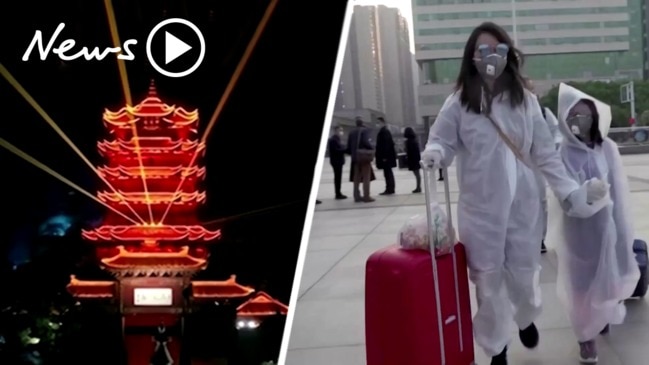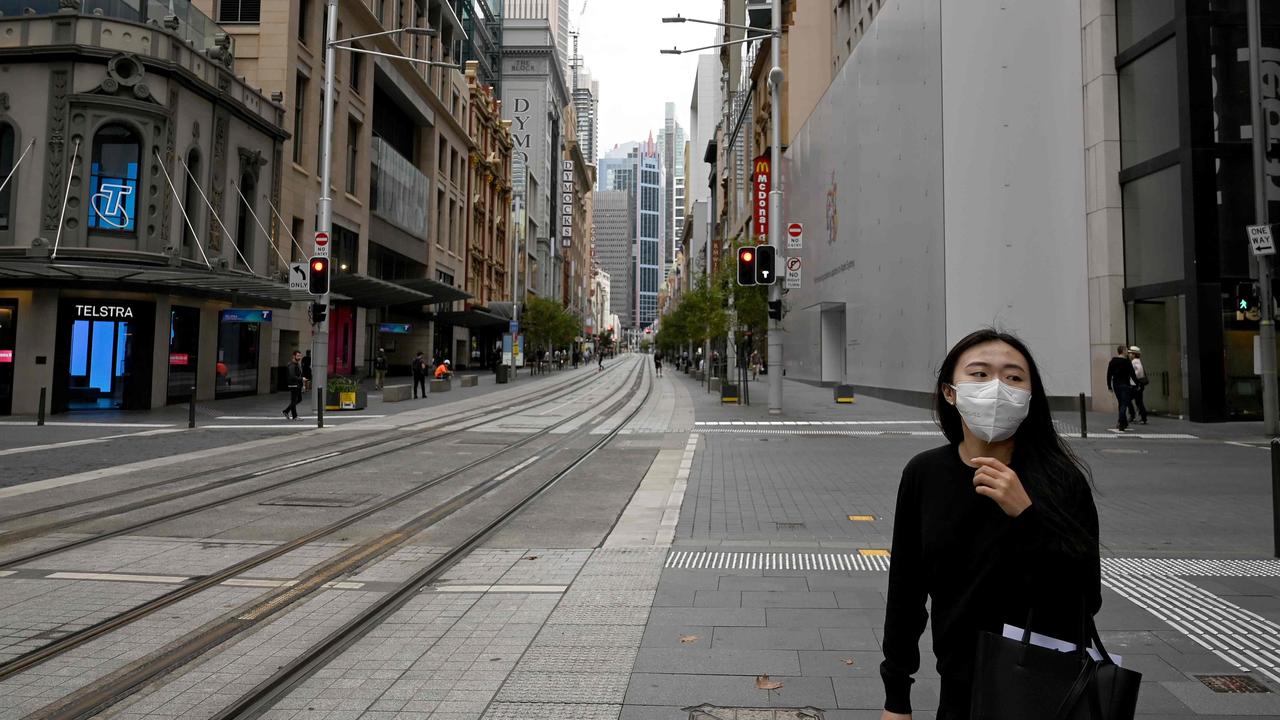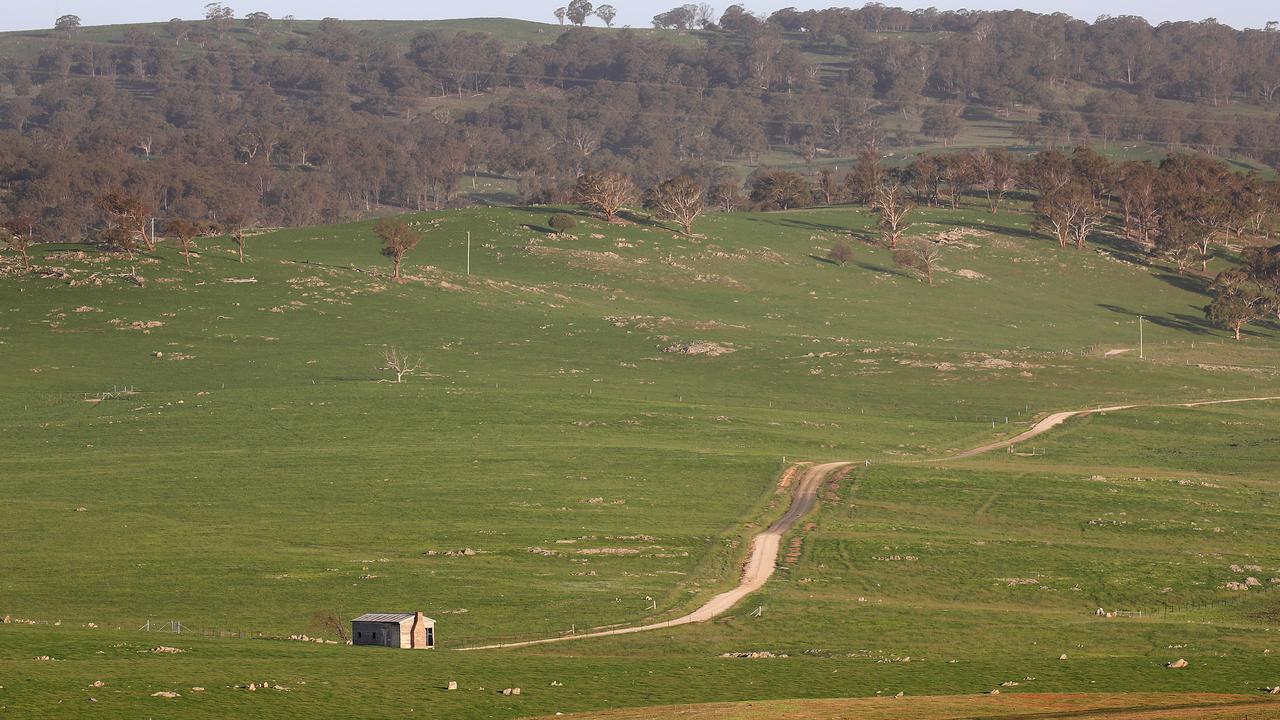Coronavirus: Virus exposes Australia’s reliance on rest of world
A new push for self-reliance is underway after shortages of medical and other supplies left the country scrambling in the midst of the coronavirus pandemic.

A push for increased self-sufficiency is underway after the coronavirus crisis exposed gaps in Australia’s ability to produce vital products.
Different issues emerging from the health crisis have led economists to argue that Australia could benefit from slashing its reliance on overseas suppliers for vital equipment needed in the early days of the pandemic.
While Australia has strong self-sufficiency in some sectors, including agriculture and food production, other sectors have failed to fill increasing demand as international borders closed.
RELATED: Follow the latest coronavirus updates
RELATED: Coronavirus Australia live updates

Warren Hogan, industry professor at the UTS Business School and a former chief economist at ANZ said a stand out feature throughout the crisis has been the reliance on overseas sources for medical supplies and equipment, and pharmaceuticals.
Australia has imported some 30 million masks in recent months. Professor Hogan also highlighted the importance of securing food and groceries for Australians.
He told Sky News on Sunday the crisis has shown Australia needs to be more self-sufficient.
“Whether the borders are shut or not, international supply chains are disrupted, we can make sure we can get the key things Australians needs,” he said.
He said the Foreign Investment Review Board needed to “tighten up” on overseas companies who may want to vulture in on vulnerable local companies during the pandemic.
He said the focus should be on “rebuilding our manufacturing base”.
Reports have suggested parts of the economy could be revitalised under yet to be announced measures being put together by a government roundtable.
David Littleproud, the Federal Agriculture Minister is reportedly putting together new agriculture policy with the public and private sector, according to the Sydney Morning Herald. The goal is to help the industry be “best placed” to benefit when social distancing restrictions are eased.
RELATED: What $66 billion package means for workers, business
RELATED: Who gets extra money and when does it arrive?

Treasurer Josh Frydenberg flagged there will be a proper assessment of global supply chains and how they affect Australia in the coming months.
One area where Australia is self-sufficient is agriculture, which produces enough food for 75 million people in a country of just 25 million. He said Australia also plays in the “niche manufacturing space” and that has been quite handy in the crisis.
For example, ResMed, a medical device manufacturer, has increased the number of ventilators it produces.
But in contrast, Australia has had to import millions of masks to try and cope with the pandemic.
“So we have to look at all these supply chains,” Mr Frydenberg told the ABC.
“This is where Treasury and other relevant departments like industry will be doing more work over the months ahead.” But he said this should not be seen as an argument for protectionism.
“Australia is a great beneficiary of free trade.
“We need to play to our comparative strengths,” he said.
—with AAP




